If you’re someone who loves a good laugh and the easy availability of amazing shows on OTT platforms, then there’s no way you’d have missed the brilliant watch that is The Marvelous Mrs. Maisel. The story of Midge Maisel, a married Jewish woman living in 1950s New York, who takes her shambles of a marriage to comedic glory in the male-dominated field of stand-up comedians, didn’t just make us laugh but also inspired us. The idea that a woman born and brought up to be a housewife, raising kids, and making briskets a plenty—that too in the ‘50s—can make a mark in comedy took the world, and the Emmys, by storm.
Fun fact: If you’ve seen the show then you should know that Maisel’s character was partly inspired by real-life comedienne, Joan Rivers, while that of Sophie Lennon (played to perfection by Jane Lynch) was inspired by Moms Mabley and Phyllis Diller.
But when you leave that visually stunning world of Midge Maisel, and take a trip through history to look at the real women who were trying to make their mark on the world of stand-up comedy in the 1950s, the reality can make you feel a bit deflated. While today, you can name a number of female stand-up comedians as your favourites—including Ellen DeGeneres, Sarah Silverman, Amy Poehler, Tina Fey, and Indian women like Aditi Mittal, Kaneez Surka, Sumukhi Suresh, Neeti Palta, Anuradha Menon, and Urooj Ashfaq—there were only a handful of women back then who people knew about.
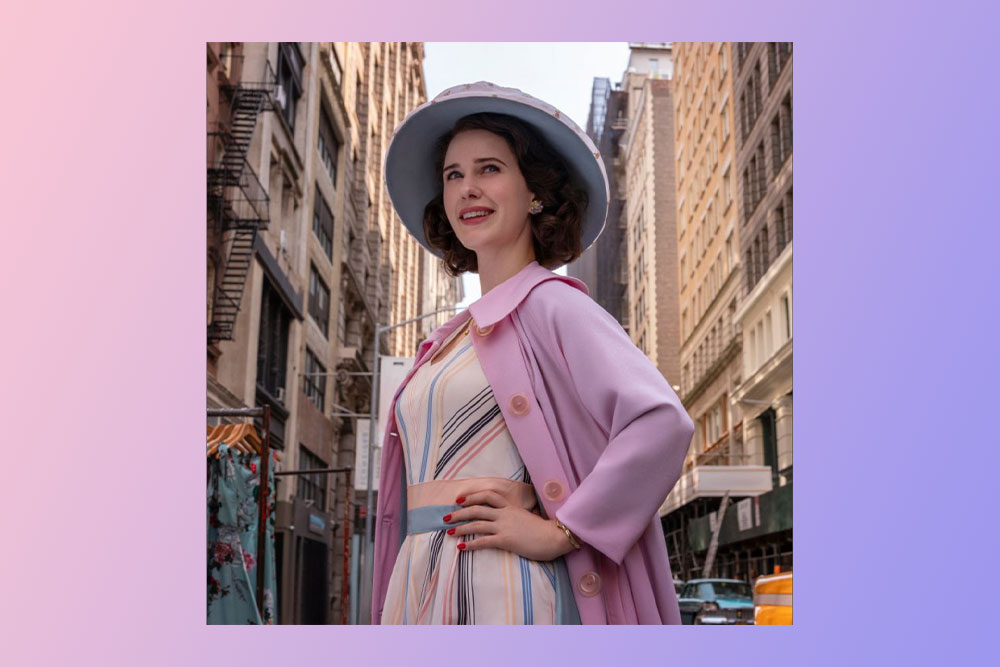
The tragedy of early comediennes
‘Women are not funny’. We’re sure you’ve heard this one before, and many times too. But while you have plenty of comebacks today, the same wasn’t the case in the first half of the 20th century. In fact, the term comedienne wasn’t even used to describe a funny woman who could have you rolling on the floor with laughter in a matter of minutes. The earliest female comediennes had to sing for their supper, literally.
Women who were referred to as comediennes around the 1940s and 1950s were actually part of Vaudevillian acts; they acted in farces (which weren’t as funny as any SNL sketch today, believe me) and mainly had singing and dancing roles. The story of these farces showed these women as the love interest, wife, or friend, but they didn’t have the voice or agency that a true stand-up comedian does. After all, what is the core of stand-up comedy if not a funny narration of takeaways from real life and experiences?
Then there were the women who paired up with a male partner to present stand-up acts on stage. Pairs like Gracie Allen and George Burns, Mike Nichols and Elaine May, and Jean Carroll and Buddy Howe, were quite popular in the US. But more often than not, the men outshone the women and beat them to the punchline. Or, like in the case of Carroll, old habits die hard and Vaudevillian singing still remained a part of the act.
And yet, it was in the 1950s that a handful of women managed to break free of the song-and-dance routine, and slowly, but surely, took over the stage. Here’s a list of some of these early female comedians who inspired generations of women from around the world to take up stand-up comedy. Yes, they’re all American, but don’t you dare hold that against them because they’re fabulous!
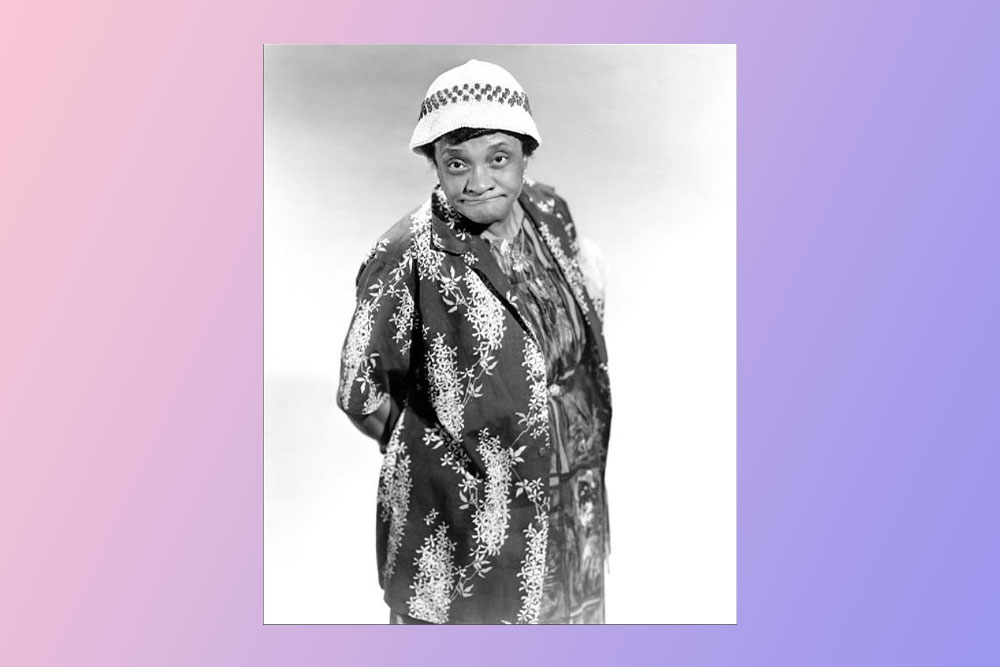
Moms Mabley
Born Loretta May Aiken and credited as the first female stand-up comedian, Moms Mabley was not just a comedy pioneer but also gay and Black. Mabley developed the on-stage persona of an old woman dressed in a loose dress (you know, the sort you wear at home, is super-comfortable and nearly frayed before you think of throwing it out), funny hat and with toothless gums. The persona was inspired by her grandmother, but Mabley’s act consisted of jokes and bits that cover racism and sexual innuendo. After all, who’d suspect an old lady of being edgy or take offence from her act? Mabley’s performances were hailed as iconic, although a wider White American audience only discovered this comedic genius in the 1960s.
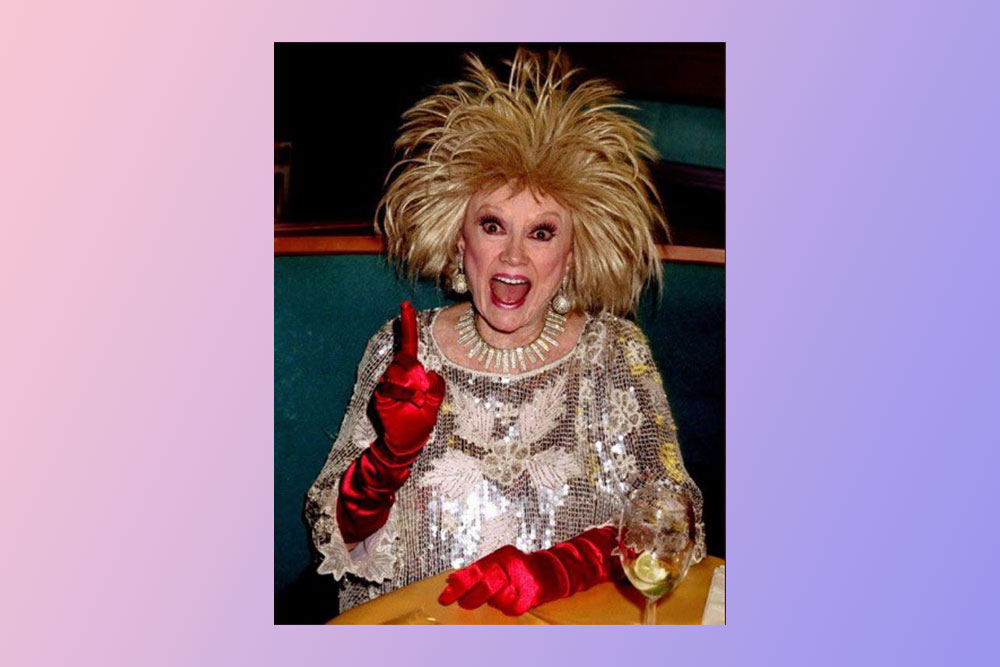
Phyllis Diller
Often referred to as the first female stand-up celebrity, Phyllis Diller was so popular and funny that she once held the Guinness world record for most laughs per minute. Rising to stardom in the 1950s and 1960s, Diller was known for personifying a hapless housewife with excessive makeup, extravagant costumes, wild hairstyle and outrageous cackle. Diller used this persona to tell jokes about her husband, her marriage and herself—and while this self-deprecating type of comedy is now considered not only old school but also something that puts women down, it was quite the breath of fresh air at the time, and a major influence on the next generation of female comedians.
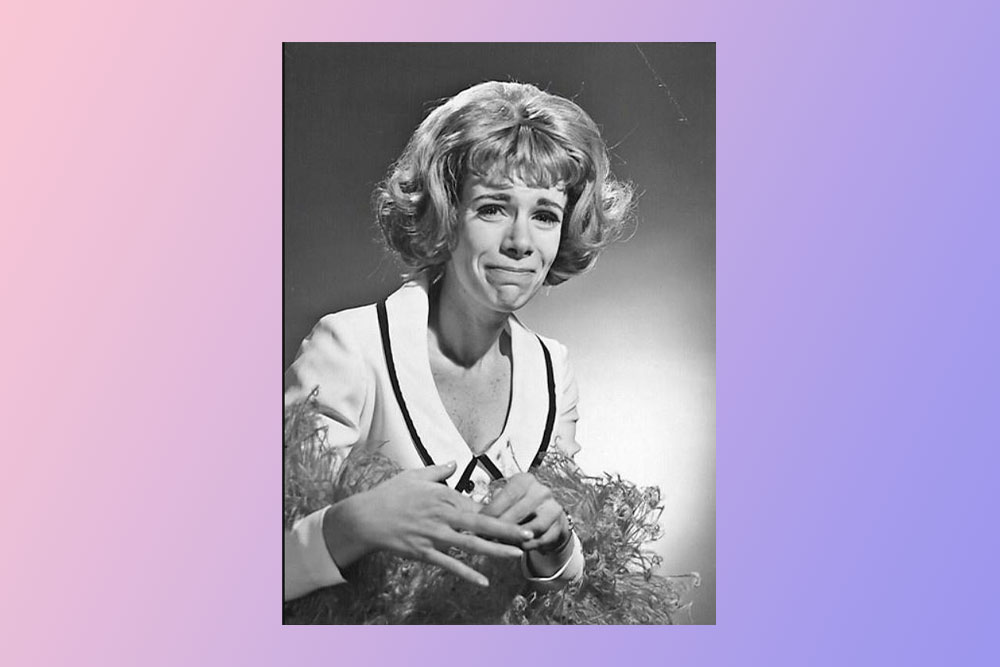
Joan Rivers
If you’re not familiar with the name and stellar career of Joan Rivers, then the first thing you should know is that she was the first woman to host a late night show on American television. The Late Show with Joan Rivers actually came along in 1986, when Rivers was already established as a leading female comedian of her times. Born Joan Alexandra Molinsky, Rivers started her career alongside the likes of Woody Allen in New York in the ‘50s, but was the first female comedian to appear as she was: a brazen, single, Jewish girl who spoke candidly about everything from her sex life and body to gender issues and politics. Needless to say, it was Rivers who blew the stand-up scene wide open for women from all walks of life, without compelling them to be anything but what they truly are.
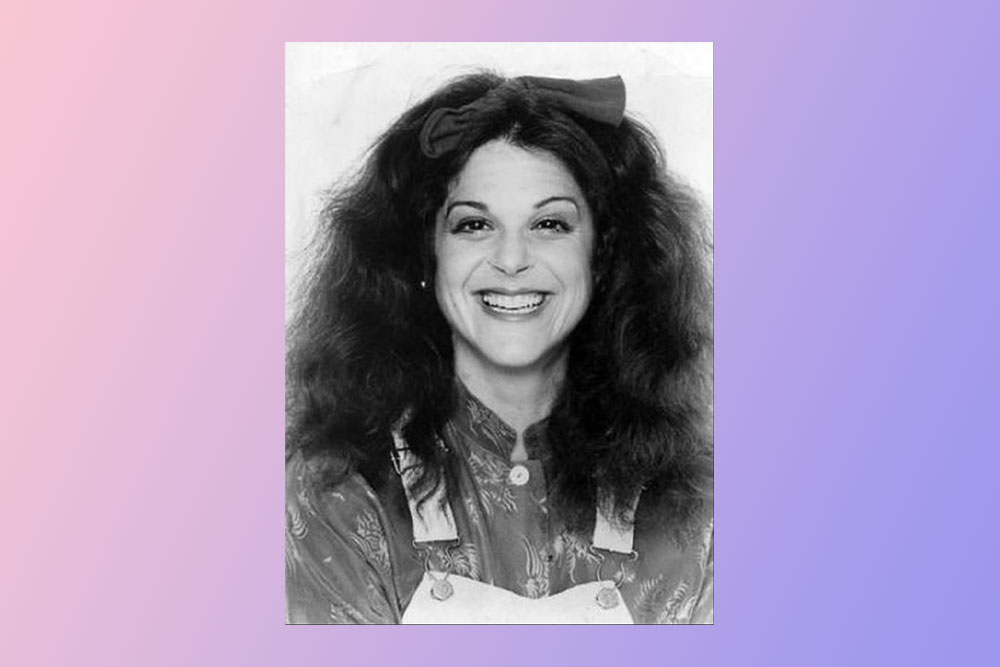
Gilda Radner
Now let’s leave the ‘50s behind and head to the next big phase for stand-up comedians: the rise of television shows with a live audience looking to get a few good laughs. Sure, you had the likes of Lucille Ball leading comedy shows on television, but these were recorded and never in front of a live audience. It was in 1975, with the launch of Saturday Night Live that stand-up comedians, including women, got a free rein to do comedic sketches and monologues. Gilda Radner was part of the first season of the show, and though she wasn’t the only woman on it, she was the most prolific thanks to iconic sketch characters like Roseanne Roseannadanna (a life coach), Emily Litella, and Baba Wawa (a parody of Barbara Walters). It was Radner’s regular histrionics that inspired many of the iconic female stand-up comedians we love today, including Tina Fey, Amy Poehler, Kirsten Wiig, Maya Rudolph, Kate McKinnon, and Leslie Jones.